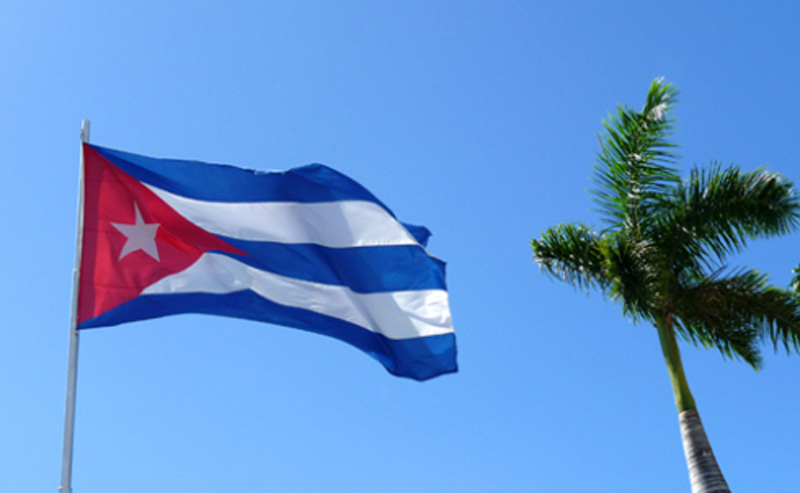Cuban System Must Prevent the Bourgeois Model
- Written by Redacción ¡ahora!
- Published in Cuba
- Hits: 2338
 The experience to improve Cuba's democratic model, its people's power system, cannot be sought in contemporary bourgeois democracies, said today the lawmaker Rolando Gonzales.
The experience to improve Cuba's democratic model, its people's power system, cannot be sought in contemporary bourgeois democracies, said today the lawmaker Rolando Gonzales. In that regard, Gonzales, who is also the vice-chairman of the International Relations Committee of the People's Power National Assembly (Parliament), noted that the true nature, which results from recognizing people's sovereignty, cannot be found in capital-based models.
When I am representing Cuba abroad in inter-parliamentary bodies, or at meetings with diplomats, I am frequently asked about the opposition on the island.
'I respond, which opposition? Because in Cuba, that opposition is funded from abroad; and it is openly pro-capitalist, pro-imperialist, antisocialist and even antinational,' he pointed out.
In those scenarios I always say that in our country there is a single political party, but we Cubans can afford to have the world's major capitalist power, which has historically tried to participate in the internal political game, as the true opposition.
The lawmaker recalled that the United States even tried it before Cuba became an independent country, it later interfered in the country's path to its independence from Spain; the same happened in the decades of the colonial republic and more clearly in the revolutionary period.
Regardless of all those questions, which generally come from abroad, it is evident enough that those opinions do not represent the interests of those who strive for humanizing the existence of the societies of our time.
Gonzales also referred to the decisions made regarding the system to elect the top leadership of the country.
Internationally, it is said that in Cuba, the people do not elect their head of State or Government. However, there are many other countries in the world that have an indirect electoral system, even nations that call themselves paradigms of democracy, the lawmaker noted.
In that regard, he explained that in Cuba, in order to head the Council of State, candidates have to be proposed, later approved by a People's Power municipal assembly, voted as lawmakers in the National Assembly in general elections and, finally, elected at that level and in the Council of State.
With this system, the Cuban process has succeeded in contributing not only to the existence of the nation and a social project, but also to promoting the unity of the nation, on the basis of the heterogeneity of that representation; a vital condition to preserve our existence against foreign harassment and power asymmetry, he concluded. / Prensa Latina
